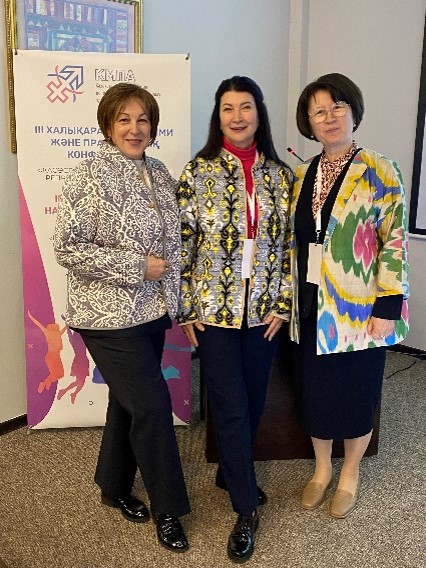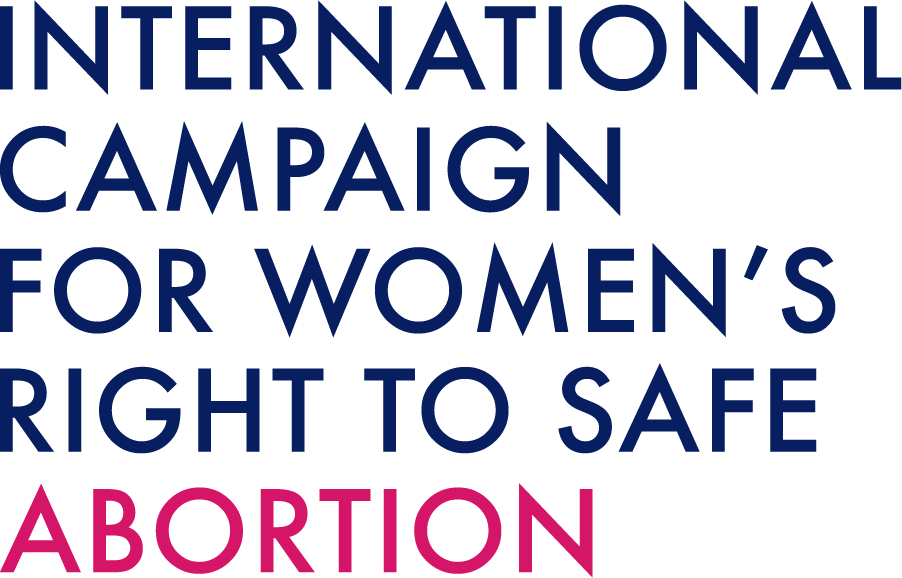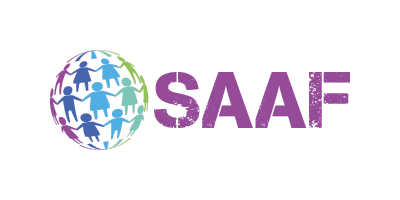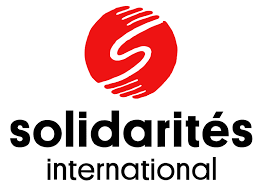
Beyond Borders: Uniting For Youth Reproductive Health
On April 12-13, 2024, the 3rd International Conference on “Reproductive Health of Youth and Adolescents” took place in the vibrant city of Almaty, Kazakhstan. The conference, hosted against the backdrop of the picturesque Tien Shan mountains, witnessed a remarkable gathering of experts from various countries, each contributing their expertise to the discourse on pressing issues in reproductive health.

Namurova Gulidara Aldahischevha, a distinguished member of the Kazak Republic government, set the tone for the conference with her thought-provoking keynote address. She eloquently underscored the urgent need for comprehensive education initiatives targeting youth, citing Kazakhstan’s alarming average age of childbirth at 16.7 years. Her speech resonated deeply with attendees, prompting reflection on the broader global context and the imperative for proactive intervention.
Amidst the bustling conference halls, the Kazak Family Planning Alliance (KFPA) garnered well-deserved recognition for their tireless efforts in safeguarding the reproductive health of the nation’s youth. Their multifaceted approach, combining advocacy, education, and service provision, has been instrumental in addressing the complex challenges faced by adolescents in accessing reproductive healthcare.
The conference program featured a diverse array of topics, reflecting the multifaceted nature of reproductive health issues, including a dissemination meeting on the subject of TMA with experiences shared by four countries: Moldova, Uzbekistan, Kyrgyzstan and Kazakhstan. Sessions ranged from discussions on healthy fatherhood from a urology perspective, led by Dr. Nisanbaev Abdola Diusenbecula, to insights into the role of young people in national health programs, expertly presented by Galina Eduardovna Cirkina from Kyrgyzstan. Additionally, Ukabasova-Talishin Muhadesovna provided invaluable insights into the impact of modern contraception on the reproductive health of young women, drawing from her extensive clinical experience.
The large disseminating meeting featured a 3 hours long segment dedicated on Medical Abortion via telemedicine in the Euro Asian region. Dr. Rodica Comendant and Dr. Galina Grebenikova expertly moderated discussions on this pioneering approach, which has emerged as a promising solution to address barriers to access in remote areas. The experience of Telemedicine Medical Abortion was shared by representatives from Moldova, Kazakhstan, Uzbekistan, and Kyrgyzstan in detailed presentations, offering valuable insights into its implementation and impact across diverse regional contexts.

Dr. Comendant’s presentation “The experience of Republic of Moldova in offering Medical Abortion via telemedicine”, garnered widespread attention. During the COVID-19 pandemic, RHTC conducted a pilot study under unique circumstances. With the total shutdown of elective procedures, accessibility became a significant challenge. Surprisingly, as enrollment of participants began, interest surged dramatically, resulting in a fivefold increase in candidates. As a result, 500 participants were recruited. Subsequent analysis of the gathered data revealed an impressive success rate of 97%. This achievement validated the efficacy of our pioneering method and solidified its acceptance as a viable service delivery approach in our country’s medical practice.

The subject of TMA continued with contributions from esteemed colleagues across the region. Dr. Dilfuza Kurbanbekova from Uzbekistan, spoke about “Increasing the level of education of women in protecting their reproductive health”, shedding light on innovative strategies to empower women as agents of their own health.

Next on the agenda was Dr. Baktigul Bozgorpoeva, representing our esteemed partner, the Kyrgyz Family Planning Association from Kyrgyzstan. Dr. Bozgorpoeva presented findings from a recent pilot study focused on enhancing access to medical abortion through telemedicine, a collaborative effort with Grand Challenges Canada. Her research revealed an outstanding satisfaction rate of 99% among study participants. Key factors contributing to this high satisfaction included the convenience of remote access, particularly noteworthy as many participants resided more than 45 minutes away from the nearest clinic. Moreover, the assurance of confidentiality provided by telemedicine was crucial, allowing women to receive medication without the need for in-person visits—a significant consideration given the sensitive nature of reproductive health in familial contexts in the country.

Dr. Sholan Sharmuldaeva’s – “Particularities of medical abortion via telemedicine and post-abortion contraception” spoke about the particularities of medical abortion via telemedicine and post-abortion contraception, offering valuable perspectives on policy and protocol development in Kazakhstan. The recently approved protocol underscored the nation’s commitment to advancing reproductive healthcare services in alignment with international best practices.
The conference’s reach extended far beyond the physical confines of the venue, with over 2000 online participants actively engaging in the discussions. The exchange of ideas, coupled with the vibrant networking opportunities, was the global community showing its commitment to advancing reproductive health outcomes for youth and adolescents.
However, amidst the palpable sense of progress and collaboration, challenges persist in certain regions. Resistance to innovation from entrenched government structures and healthcare professionals underscores the need for continued advocacy and education. It became evident that further efforts and educational initiatives are needed to advance understanding and adoption of progressive approaches in reproductive healthcare. Consideration may be given to implementing financial incentives for medical professionals who are willing to transition away from traditional methods like D&C and embrace the utilization of medical abortion, including its delivery through telemedicine channels. Addressing these barriers will require multifaceted strategies, including targeted incentives for medical professionals embracing progressive approaches to reproductive healthcare delivery.

On the second day of the conference, April 13, Dr. Rodica Comendant took the lead as the main trainer, accompanied by Galina Grebenikova from Kazakhstan as the moderator, for a master class on “Telemedicine Medical Abortion, the latest WHO recommendations.” The session was highly anticipated, offering attendees a chance to delve into the latest insights and guidelines endorsed by the World Health Organization (WHO). Dr. Comendant’s expertise in women’s reproductive health and Galina Grebenikova’s regional perspective created an atmosphere of anticipation for future discussion.
The master class went into great detail, discussing the particularities of telemedicine medical abortion and offering insights into establishing and offering this service effectively. Attendees had the opportunity to explore various aspects, including the intricacies of counseling patients remotely, ensuring safety protocols in telemedicine settings, and addressing legal and ethical considerations.
Participants got trained on all the steps involving TMA:
The Initial Consultation: The process begins with an initial consultation between the beneficiary and a healthcare provider, often conducted via video call or telephone. During this consultation, the provider assesses the medical history, confirms eligibility for medical abortion, and discusses the procedure, including potential risks and benefits.
Medical History and Assessment: The healthcare provider gathers information about the beneficiary’s medical history, including any pre-existing medical conditions, previous pregnancies, and allergies. They also inquire about the date of the patient’s last menstrual period to estimate gestational age.
Informed Consent: The provider ensures that the beneficiary fully understands the procedure, its risks, and alternatives. Informed consent is obtained from them before proceeding with the medical abortion.
Medication Prescription: If the beneficiary is deemed eligible for medical abortion, the provider prescribes the necessary medications. The typical regimen includes two drugs: mifepristone and misoprostol. Mifepristone is taken first, followed by misoprostol 24 to 48 hours later.
Drug Administration: The beneficiary takes the prescribed medications according to the provider’s instructions. Mifepristone is taken orally, while misoprostol may be administered buccally (placed between the cheek and gum) or vaginally.
Monitoring and Support: Throughout the medical abortion process, the healthcare provider remains available for monitoring and support. Beneficiaries are advised to contact their provider if they experience severe pain, heavy bleeding, or other concerning symptoms.
Follow-up Care: Follow-up care is essential to ensure the completion of the abortion and to monitor the beneficiary’s health. Providers may schedule a follow-up appointment or conduct a telemedicine consultation to assess the condition and address any concerns.
Confirmation of Abortion: The beneficiary will be asked to confirm the completion of the abortion, typically through a follow-up visit or self-administered pregnancy test.
Throughout the class, participants engaged in interactive discussions, exchanging experiences and best practices from their respective regions. The discussions were on a different level of understanding the method, as attendees shared challenges and successes in implementing telemedicine medical abortion in their healthcare settings. One main highlight of these discussions was the acknowledgment that many doctors do not feel comfortable proceeding with a medical abortion, without first conducting an ultrasound examination (ECO). This cautious approach persists even in cases where the abortion is planned for the first trimester and there are no known predetermined factors against the procedure.
Topics covered during the master class included a summary of methods for medical abortion, self-management approaches, clinical considerations such as contraindications, and pain management techniques specific to medical abortion. Additionally, the session delved into induced medical abortion both at less than 12 weeks of gestation and at 12 weeks or more, as well as medical management for missed abortion and intrauterine fetal demise.
As the 3rd International Conference on “Reproductive Health of Youth and Adolescents” drew to a close on April 13, 2024, in the vibrant city of Almaty, Kazakhstan, it left an indelible mark on all who participated. The diverse array of topics covered during the conference showcased the complexity of reproductive health issues, from discussions on healthy fatherhood to the role of young people in national health programs. Notably, the segment on Medical Abortion via telemedicine in the Euro Asian region shed light on pioneering approaches to addressing barriers to access in remote areas.
Despite the palpable progress made during the conference, challenges persist, particularly in regions where resistance to innovation hampers advancements in reproductive healthcare. However, the commitment and dedication of participants to overcome these barriers were evident, paving the way for future collaboration and advocacy efforts.
As attendees departed Almaty, they carried with them not only newfound knowledge but also a renewed sense of purpose in their collective mission to improve reproductive health outcomes for all. The conference served as a testament to the power of collaboration and collective action in addressing complex global challenges, leaving a legacy of hope and progress in its wake.




















